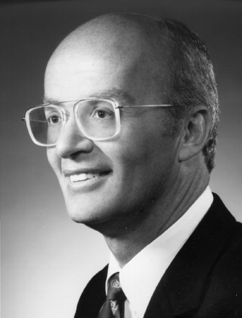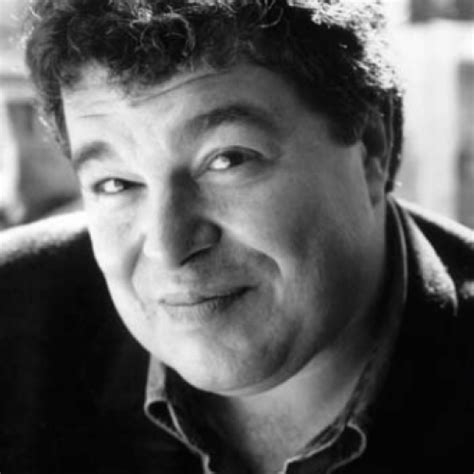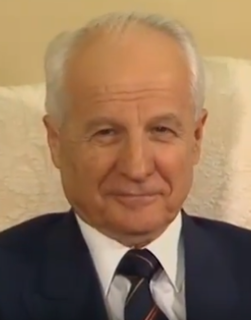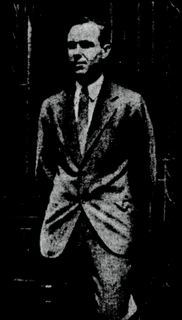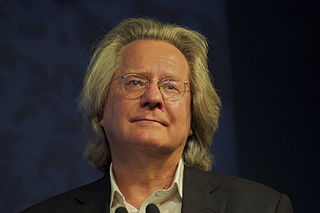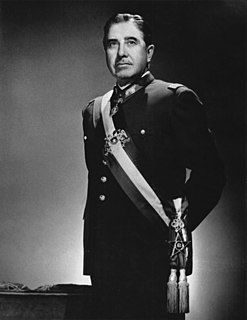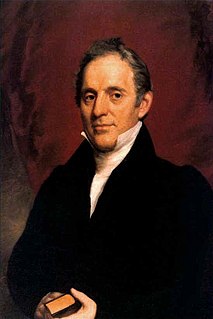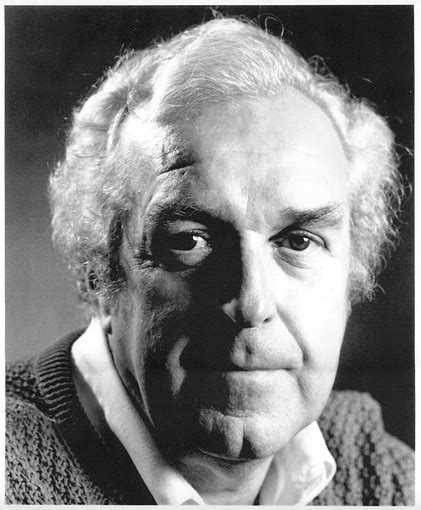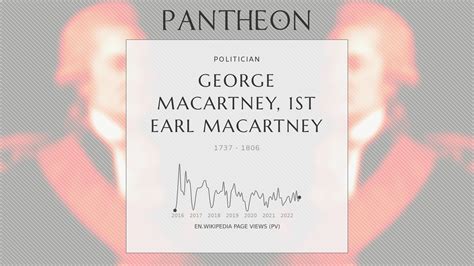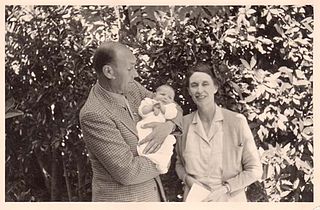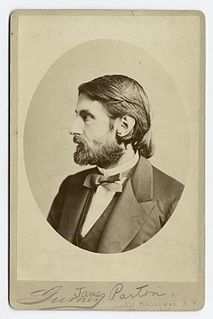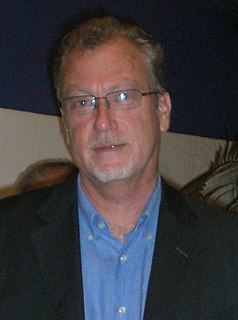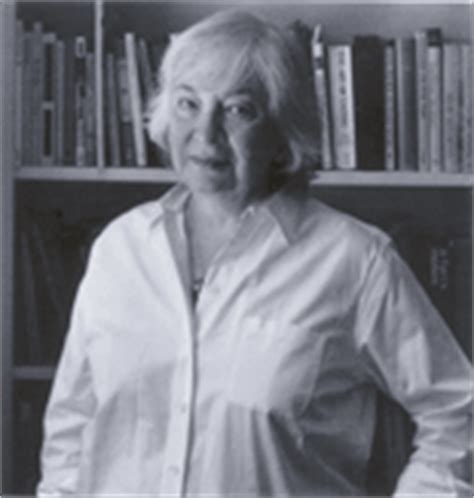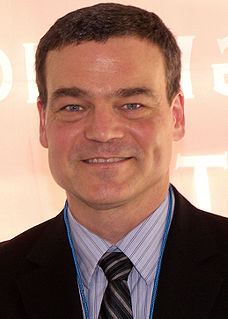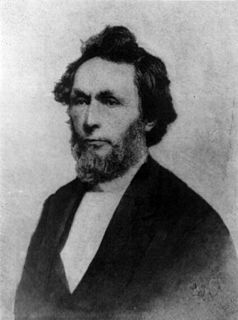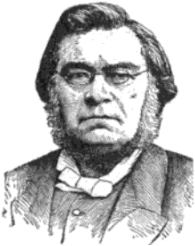A Quote by Peter Padfield
Our faith in democracy, personal freedoms and human 'rights', and the other comforting prescriptions of the humanist liberal credo stem from the supremacy of maritime over territorial power. Pragmatists may deplore this as crude determinism, as another vain attempt to construct a general theory of history. They should reflect on the sort of political philosophy and structures we might now adhere to had the Habsburgs, Bourbons, Bonaparte, Hitler, Stalin or his heirs prevailed in the titanic world struggles of the past four centuries.
Quote Topics
Adhere
Another
Attempt
Bonaparte
Centuries
Comforting
Construct
Credo
Crude
Democracy
Determinism
Faith
Four
Freedoms
General
Had
Heirs
His
History
Human
Humanist
Liberal
Maritime
May
Might
Now
Other
Our
Over
Past
Personal
Personal Freedom
Philosophy
Political
Political Philosophy
Power
Pragmatists
Prescriptions
Reflect
Rights
Should
Sort
Stalin
Stem
Structures
Struggles
Supremacy
Territorial
Theory
Titanic
Vain
World
Related Quotes
How glorious, then, is the prospect, the reverse of all the past, which is now opening upon us, and upon the world. Government, we may now expect to see, not only in theory and in books but in actual practice, calculated for the general good, and taking no more upon it than the general good requires, leaving all men the enjoyment of as many of their natural rights as possible, and no more interfering with matters of religion, with men's notions concerning God, and a future state, than with philosophy, or medicine.
Religion is part of the human make-up. It's also part of our cultural and intellectual history. Religion was our first attempt at literature, the texts, our first attempt at cosmology, making sense of where we are in the universe, our first attempt at health care, believing in faith healing, our first attempt at philosophy.
The most widely discussed formulation of [the One World model] was the "end of history" thesis advanced by Francis Fukuyama. "We may be witnessing," Fukuyama argued, "the end of history as such: that is, the end point of mankind's ideological evolution and the universalization of Western liberal democracy as the final form of human government." The future will be devoted not to great exhilarating struggles over ideas but rather to resolving mundane economic and technical problems. And, he concluded rather sadly, it will all be rather boring.
In a fallen world marked by human depravity and deep-seated sin, in a world where Hitler and Stalin had recruited millions of followers to commit mass murder, love must harness power and seek justice in order to have moral meaning. Love without power remained impotent, and power without love was bankrupt.
When countries with the worst possible human rights records sit on the UNHRC, seek to deflect attention from their own egregious human rights abuses and attempt to pass judgment on Israel - a country with a vibrant liberal democracy - the credibility of the UNHRC is further undermined, and the United States must not be silent.
Perhaps worse still is what liberal societies might do to themselves in the face of this new and different threat [of terrorism]. They begin, by small but dangerous increments, to cease to be as liberal as they once were. They begin to restrict their own hard-won rights and freedoms as a protection against the crminial minority who attempt (and as we thus see, by forcing liberty to commit suidcide, succed in doing) to terrorise society.
The freedoms which had been so hard won from colonial domination were being crushed by Soviet-inspired and funded military and political forces. Their clear intention was to deprive the people of their democratic freedoms. As history shows, this is what had happened in the Soviet Union and in Cuba, and continues to be the case in other parts of the world.





